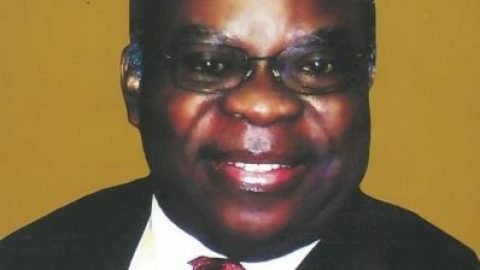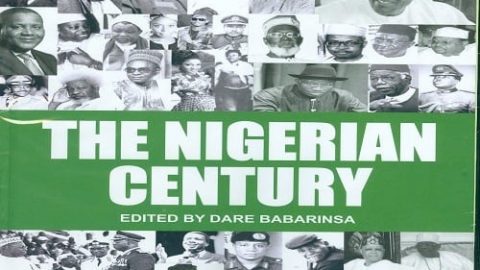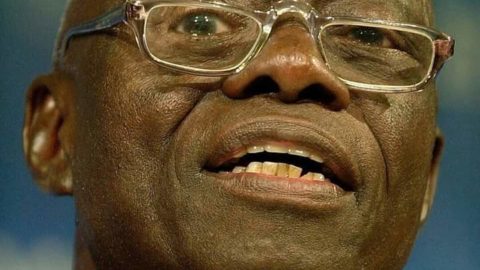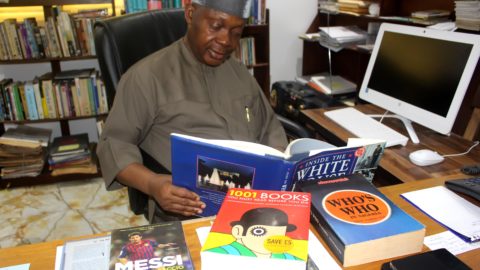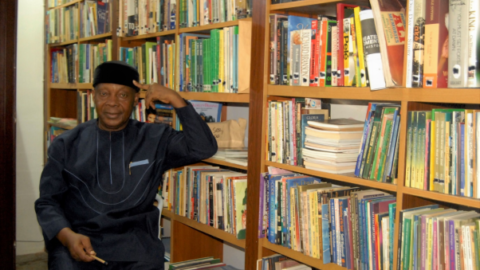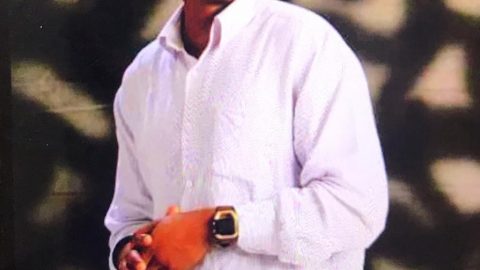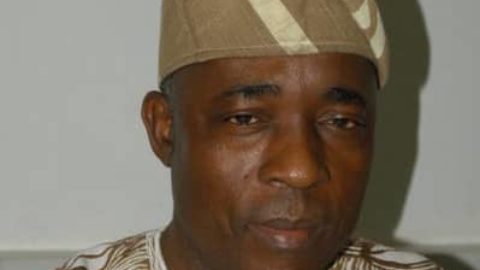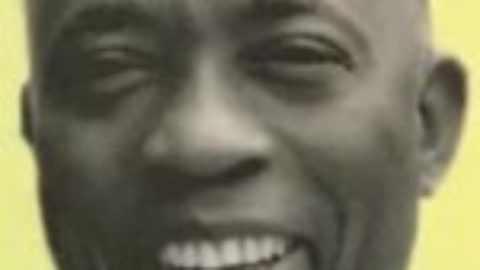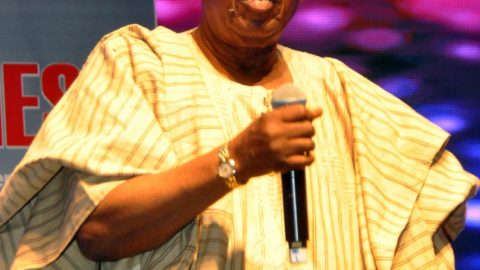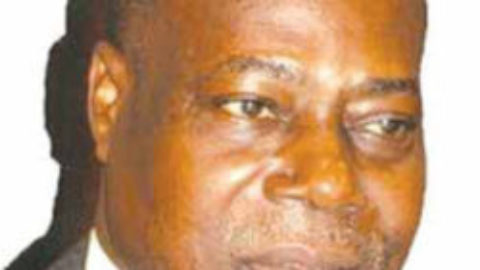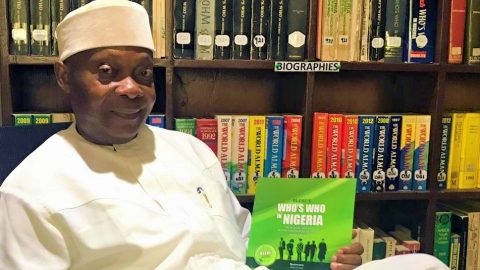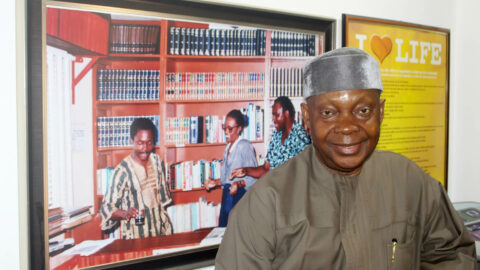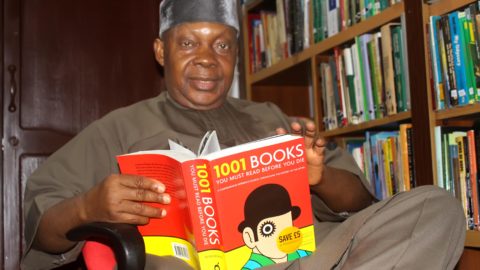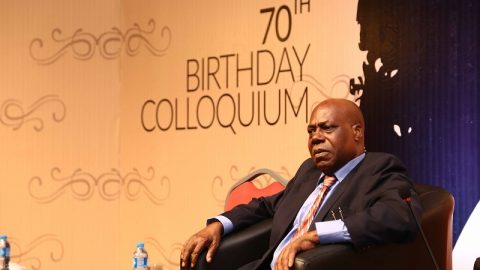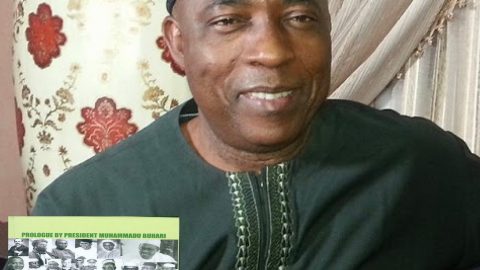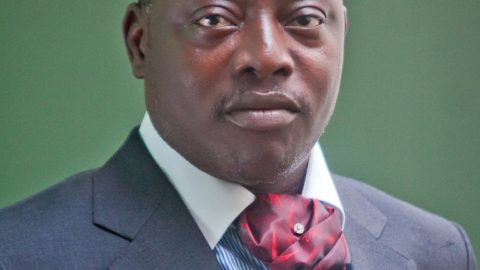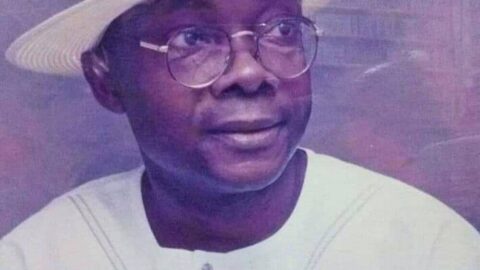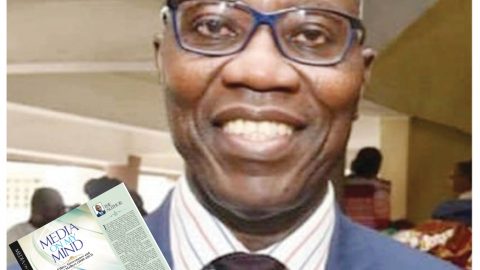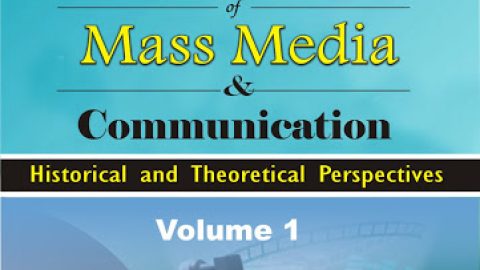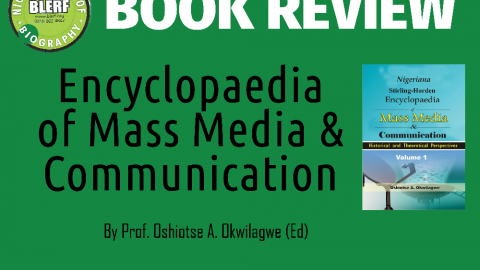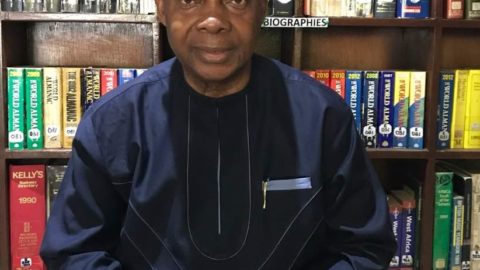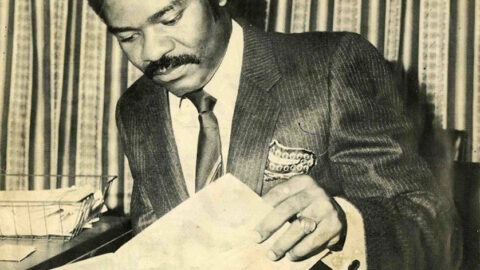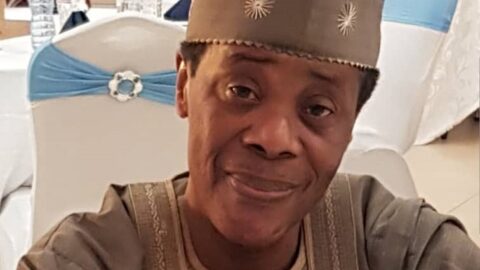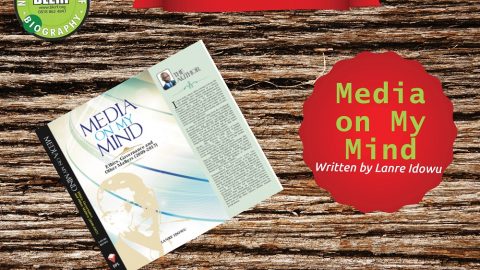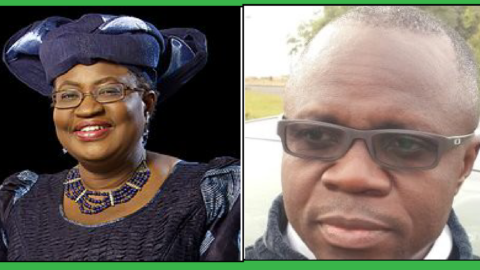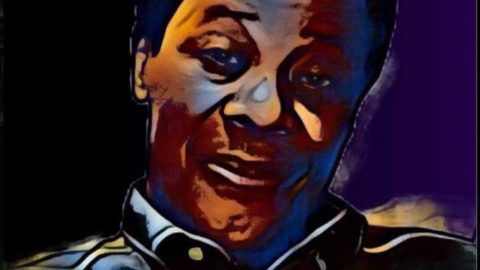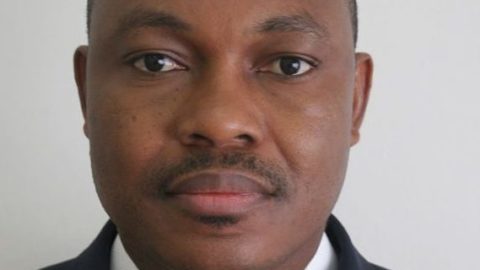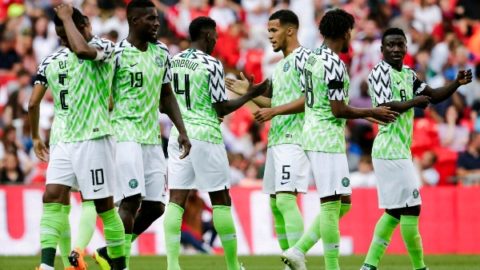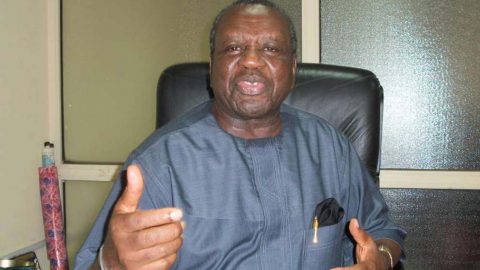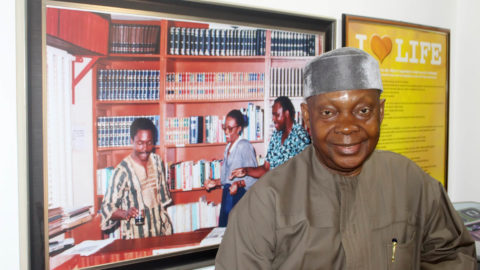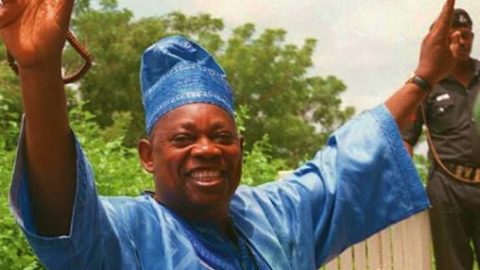A Review of Dare Babarinsa’s Gaskia Magazine
By SAM AKPE
You may ask: Why has it become necessary to review Gaskia magazine the second time in less than a year? We brought this publication to your attention not quite long ago when the first edition reached the newsstands. We pointed out that it was puzzling for Oluwadare Babarinsa, in this era of downward economic ride and political uncertainty, to embark on this kind of venture. We still believe so.
However, there is no doubt that having worked with the Drum magazine before joining the Concord newspapers in the early 80s, this man has come a long way in journalism business. He was a pioneer staff of the respected Newswatch magazine in the mid-80s, and executive editor of Tell magazine in the 90s before presiding over the Westerner a few years ago. So, if anybody understands the publishing terrain in Nigeria, Babarinsa is certainly that person.
Yes, Gaskia, a monthly magazine with a strange name has so far published two editions. This is the third and fourth; combined. I have often heard of double issues in magazine publication—that is when two topical reports are contained in one edition. But Gaskia is combining two editions! Something must be responsible for this.
In his Home Front, which, in most magazines, is usually called From the Editor-in-Chief, Babarinsa confirms that things have been tough with Gaskia. He discloses that combining two editions, “is an indication that there has (sic) been challenges in the production of Gaskia.” This is followed by an assurance: “but we are moving on, going higher beyond the reach of turbulence.” Amen!
As soon as I set my eyes on this combined edition, I was fascinated. The cover story is on the big man himself: Chief Olusegun Obasanjo. He is described among others as an agent provocateur and “a living monument of modern Nigerian history.” Quite apt! Is there any need to re-introduce Obasanjo?
Okay! Let me try. He is a retired general of the Nigerian army. He has seen blood in the battle fields across Africa. In 1976, he became head of state following the assassination of his comrade-in-arms, General Murtala Muhammad. He thereafter presided over an election and handed over powers to a democratically elected government in October 1979. He later became a farmer and an author of several books. But he never kept his mouth shut. The world out there loved his views on every issue because he had credibility.
Africa was honoured with his appointment as Co-Chair of Eminent Persons Group (EPG) — a very powerful global body whose influence was only second to the United Nations itself. His role in the freedom of the late Nelson Mandela cannot be quantified. Obasanjo almost made it as Secretary General of the United Nations Organisation, until an influential American newspaper in an editorial opined that the UN needed a Secretary and not a General from a third world nation.
That was where the dream ended. Obasanjo decided to set up a global dialogue platform at his farmhouse called Africa Leadership Forum. This gained him further global prominence. But the military leadership back home — having sacked the democratic government — hated his guts.
One of them, General Sani Abacha, accused him of coup attempt, had him arrested, tried and sentenced to death. The world screamed in disagreement. Abacha put on his dark sunshade, and fixed a date for Obasanjo’s execution when all attempts to have him poisoned failed. But then, something beyond human comprehension happened. Abacha died before his will could be carried out. Obasanjo was freed and in a short while, became a democratically elected president of Nigeria; for eight years.
Only a few enlightened Nigerians like Obasanjo as a person. He could be crude, tempestuous, and noisy. But almost everyone loves him for what most have described as his nuisance value. At any point in time, when everyone is afraid of talking, Obasanjo will not only shout from the rooftop, he would send a written copy of his criticism to those involved. He doesn’t seem to fear anybody.
From the unpredictable Ibrahim Babangida to the dreaded Sani Abacha; the simple-looking Umaru Yar’Adua; the still-water-runs-deep Goodluck Jonathan, and the taciturn, iron-fisted Muhammadu Buhari, none has been spared Obasanjo’s critical judgements. In this edition of the magazine, he describes Buhari as being highly “incompetent”
Just before I return to Obasanjo and his mind-stirring revelations, this combined edition of Gaskia has maintained its traditional departments. Under opinions, there is, for the first time, the fiery Pastor Tunde Bakare leading the pack. A beautiful news feature by a gentleman diplomat, Godknows Igali, a retired permanent secretary and former ambassador, is on pages 11 to 14. His essay on the 12-day uprising, led by the legendary Isaac Boro, is deep, worth a read.
David Adedeyi Adeleke, known by many as Davido, leads the Society page with a declaration that something in his wife reminds him of his mother. You need to find out. He occupies six of the 96-page magazine. The Country Focus in this combined edition is on the United Arab Emirates while two media giants—High Chief Raymond Dokpesi and the late Dele Giwa—occupy the Media Personality of the Month pages. Most interesting is Giwa’s letter to his lawyer, the late Gani Fawehinmi, on October 17, 1986 about harassment by security agents. Two days later, he was killed through a letter bomb.
Burdens associated with menopause are discussed by Dr. Leye Popoola on three pages. Some men should be interested in this. Past Perfect, a section in the magazine, featuring 60 historic Nigerians of the 1960s, is authored by Babarinsa. You can call it history in brief. But it is a storehouse of information on great Nigerians. There are 53 pictures used across 13 pages, including those of Nnamdi Azikiwe, Obafemi Awaolowo, Ahmadu Bello and Abubakar Tafawa-Balewa. The personalities cut across every profession from journalism, sports and politics to medicine, law and music; among others.
Back to Obasanjo and his revelations. This man has no idea when he was born. So, he picked March 5, 1937. Does it matter? Here, he talks about his early years as a kid who was always compelled to be in the farm by 6am daily. The interview is divided into segments — apparently, to make for easy reading and a good grasp of certain subject matters. The first section is headlined: The Story of My Father.
The second headline reads: I’m Embarrassed About Buhari’s Performance. I think Buhari himself would be embarrassed by the comments by his former boss. Certainly, Nigerians won’t! That is typical Obasanjo on a good day. He blows hot irrespective of who is involved. In this interview, he talks about what he believes to be Buhari’s obvious incompetence, nepotism, total lack of control of the country, and then adds, “I think he is blind, deaf and dumb… It is embarrassingly surprising.”
This aspect of the interview is actually short. It is either the old warlord said some other terrible things about the sitting president that could not be published or those who interviewed him simply decided to back off by asking no further questions. Obasanjo’s fury is that for Buhari, who had gone through various military trainings across the world, and has been a minister and a head of state, more was expected from him than what has been unfolded so far. He sounds thoroughly concerned. I’m sure Buhari’s spin doctors will soon start calling him names; as usual. But does the man care?
However, reading between the lines, someone needs to remind Obasanjo of his unguarded or blind support for Buhari shortly before the 2015 Presidential Election; a situation that forced him to dump his party — the Peoples Democratic Party. He also publicly splashed mud on the then sitting president, Goodluck Jonathan, calling him unprintable names, for not living up to his (Obasanjo’s) expectations. Today, he has turned against Buhari whom he helped to power. See why some people do not cheer Obasanjo even when he does the right thing? But he doesn’t even care!
Politics aside, Obasanjo in this interview, talks about 10 near-death situations that God rescued him from. These cover his time in the military either during peacekeeping operations or during the Nigerian Civil War; and when he served as head of state from February 1976 to October 1979. He also speaks about the period he spent in prison under Abacha and when he served as president for eight years. At one of the instances in the Congo during the United Nations Peacekeeping Operations, he was locked up in a car boot by the Congolese soldiers.
For all his bravado, Biafran soldiers almost killed him during the Nigerian Civil War. He simply walked into an ambush. Four people died from grenade explosion. He escaped narrowly, with wounds. But wait for this, the interview revealed that during the February 1976 coup that killed General Murtala Muhammad, one Colonel Dumuju, mistaken to be Obasanjo, was shot by the coup plotters. It is not stated whether the victim died in the process.
There is a narrative everyone would love to read. It is a step-by-step revelation on how Obasanjo was arrested by Abacha’s men, questions they asked him during prosecution and how he was sentenced to death for involvement in a coup plot that never existed. It is a beautiful though scary recall. Names are mentioned. Times and places are also stated. Narrowly again, he escaped death because Abacha died mysteriously.
Detained at the same time but at different places with Shehu Yar’Adua, the former president is categorical that both Yar’Adua and Chief M. K. O. Abiola were poisoned. He also went into details of how he escaped being killed by Abacha’s men while in prison. Again, names and places are mentioned. The story of his continuous escape from death ends with a refusal to allow his international friends to storm the Yola prison and have him released.
However, before ending these gory disclosures, the battle-tested general talks about how, as president, he personally discovered someone hiding in the toilet of his presidential jet after the aircraft door had been shut. The person was not one of his aides. He had no business being on board and no one could identify him. The pilot was about taking off to Congo for official engagement. No detail is given as to what happened to the person.
In a part of the interview, Obasanjo discloses how he slapped a school teacher “for insulting my father.” It took the intervention of a certain Mr Aiyegbusi for him not to be suspended or thrown out of school. At another instance, while he could pass every examination and even gained accelerated promotion to new classes, he could not spell the word “sokolokobangoshe.” At last, we have found something Obansajo could not do!
This combined edition of Gaskia ends with the Moment In Time which features the late Richard Ihetu, also known as Dick Tiger, an ex-Biafran soldier who was once a world light heavyweight world boxing champion. Featured in Farewell are Gbolabo Ogunsanwo, Diego Maradona, Tola Onyediran, Jerry Rawlings, Dayo Alao, Abdulkadir Balarabe Musa and Sean Connery, who passed on recently.
As usual, Gaskia has not disappointed. We pray for its survival.
SAM AKPE …is our CONSULTING REVIEW EDITOR.


